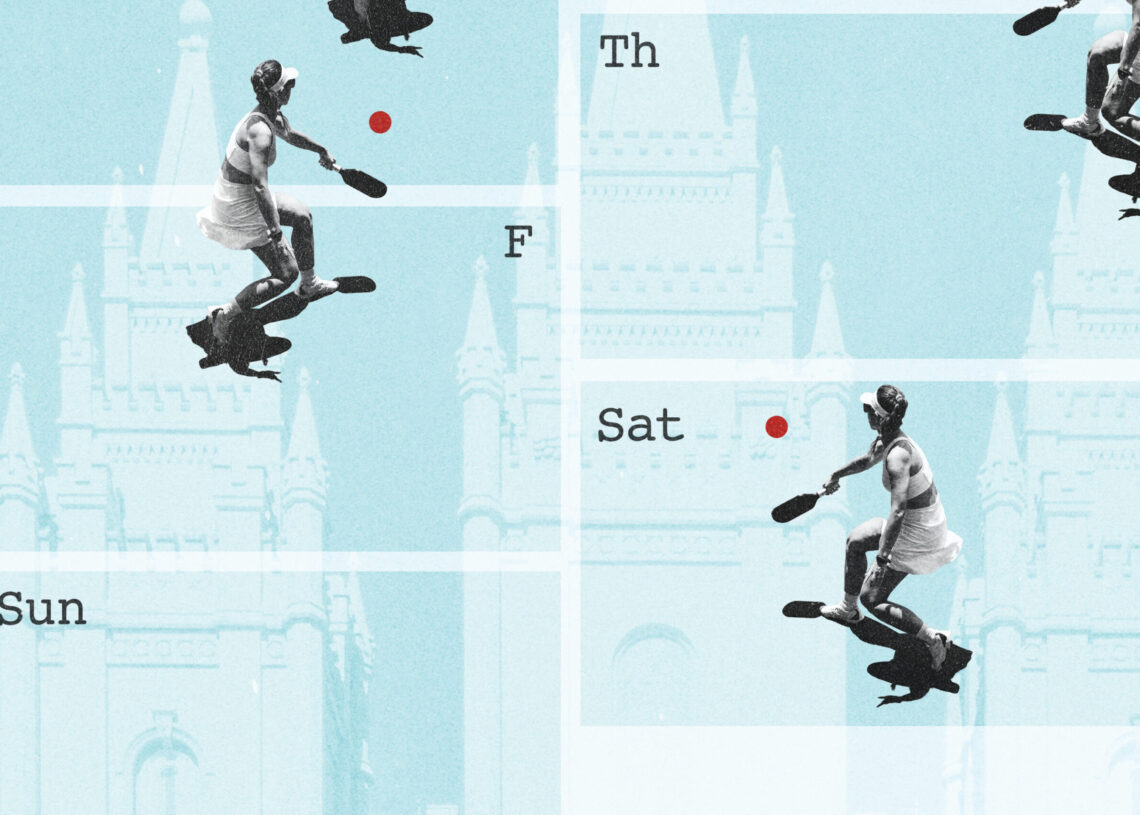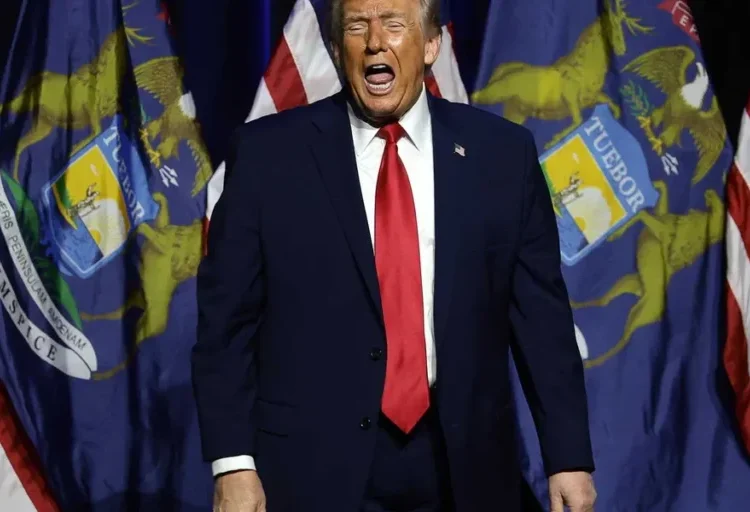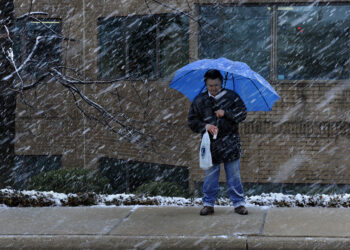As an elite pickleball player, Rachel Garff faced a tough choice when she enrolled at Brigham Young University.
The school famously bars its athletes from playing on Sundays, but that’s when collegiate pickleball tournament finals are usually held. Companies that sponsor top pickleball players often want them to play in those high-profile Sunday events.
As an elite pickleball player, Rachel Garff faced a tough choice when she enrolled at Brigham Young University.
The school famously bars its athletes from playing on Sundays, but that’s when collegiate pickleball tournament finals are usually held. Companies that sponsor top pickleball players often want them to play in those high-profile Sunday events.
To qualify for sponsorships, Garff now pays $2,000 per semester to take nine credits at nearby Utah Valley University. That allows the 25-year-old to compete for UVU’s club team — which plays on Sundays and is ranked No. 4 nationally.
“I do break even on it, but it’s so much work,” the 25-year-old said of her dual enrollment. And Garff is still torn about her choice.
Now she and 1,600 other athletes and fans have signed a petition asking the organizers of college pickleball’s increasingly lucrative and competitive tournaments to stop scheduling play on Sundays. Many of the signers are members of the Church of Jesus Christ of Latter-day Saints, which not only owns BYU but is based in Utah — a power center of college pickleball, home to two of the top five teams in the country.
“BYU is not alone — other faith-based schools and players face similar challenges, and many more would benefit from a schedule that respects Sunday as a day of rest,” the petition states.
There is precedent. The NCAA has a long-standing rule that adjusts championship schedules to accommodate players or teams from schools with written policies barring competition on Sundays or other days for religious reasons. Twenty-two of the NCAA’s roughly 1,100 member schools have such policies this year, the group told The Washington Post.
But pickleball is not an NCAA sport. And it’s not clear whether all three organizations at the forefront of the college game, which includes more than 100 schools, are ready to make a change.
Christianity is central to the National Collegiate Pickleball Association, which hosts regional and national tournaments, said its founder, Noah Suemnick. The league’s website prominently references a Bible verse from the Book of Matthew.
Suemnick, who said he wasn’t aware of the petition, told The Post that the league had previously nixed the idea of moving away from Sunday play — a decision officials felt was justified by scripture.
“My personal calling is I wanted to spread the name of Jesus to as many people as God will allow me,” he said. “And I am doing that through pickleball.”
A representative for the Association of Pickleball Players did not respond to a request for comment.
But the United Pickleball Association, which also hosts professional and collegiate tournaments, is considering changes — such as all-day Saturday competitions — to accommodate teams with religious conflicts on Sundays, said Hunter Aiono, director of its collegiate arm.
It’s unclear whether those potential solutions would accommodate players with religious conflicts on other days — something the NCAA dealt with in 2014, when the men’s tennis team at Yeshiva University, an Orthodox Jewish school, reached the national championships. The NCAA adjusted the schedule of play so the Maccabees did not play on Saturday, when Jews observe the Sabbath.
While the Church of Jesus Christ of Latter-day Saints does not explicitly ban playing sports on the Sabbath, it teaches that the day is reserved for family. Multiple pickleball players interviewed by The Post said competing on Sundays means missing out on their weekly two-hour church service, and sometimes family scripture or genealogy work central to their faith.
Livvy Phillips, a 20-year-old Utah State University player who started the petition in September, said she has struggled with Sunday play as a faithful church member.
“Players have to make that decision between our values and beliefs or letting my team down,” she said. “It puts us in a position I think athletes shouldn’t have to be in.”
But as sponsors flock to the growing college game, decisions about Sunday play are growing more complicated for some players. Companies pouring money into the sport are eager for their players to rise up the rankings.
“My sponsors won’t give me as much if I don’t play on Sunday,” Garff said.
Some of her teammates who are also Latter-day Saints make their own compromises: Liam Duffin, 21, the third-best doubles player in the nation, tries to read scripture and listen to music without expletives before playing on Sundays.
No. 8 doubles player Mary Monson, who wrestled for more than a year with the idea of playing on Sundays before doing so, said she calls her family from the road that day and completes weekly lessons in her church-issued handbook.
“I don’t think it’s that if you play on Sundays you won’t go to heaven,” said Monson, 16.
Others see the situation as a test of faith.
Declan Homer, a 23-year-old BYU player, had to forfeit a match at a “super regional” tournament in Kaysville, Utah, in September.
“It’s a bummer that we can’t participate, but I’m grateful I can stand up for something bigger than myself,” he said. He has done it before: In high school, Homer sat out when his volleyball team played on Sunday.
Now a top-65 ranked doubles pickleball player, he declined an offer to play at Utah Valley University with his brother because it would mean competing on Sundays. Homer hopes the collegiate pickleball world will eventually exempt schools like BYU from Sunday play, even if it happens after he graduates.
The one non-Utah team to compete in the Kaysville super regional where Homer forfeited a match, the University of Southern California, would have no problem moving away from Sunday play, said Kyle Kim, vice president of the Trojan Pickleball Club.
“I want to play the best players that day,” said Kim, 24, an architecture student. “Knowing I can’t because of religious restrictions that aren’t even my religion but someone else’s does suck.”
The post Pickleball on Sunday: Why some top college players are calling foul
appeared first on Washington Post.




